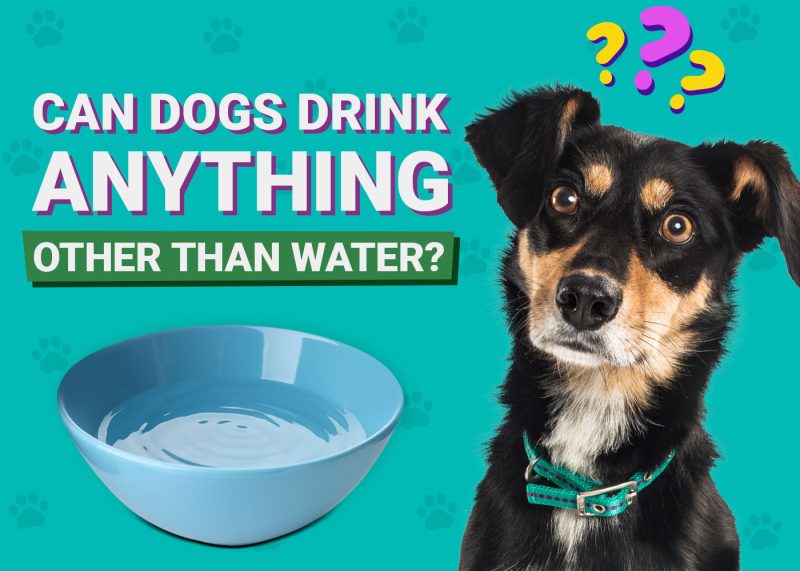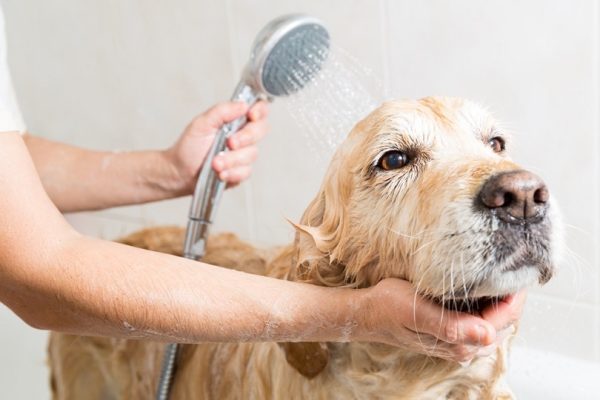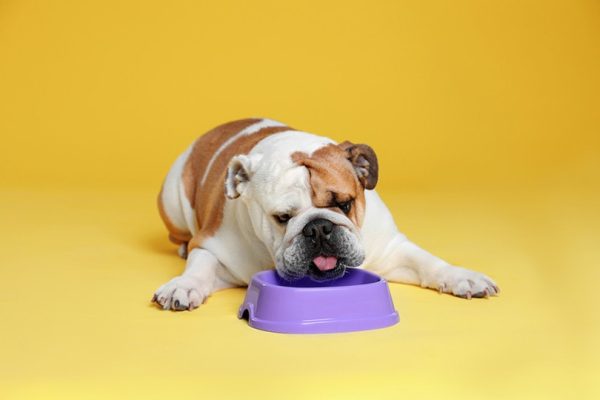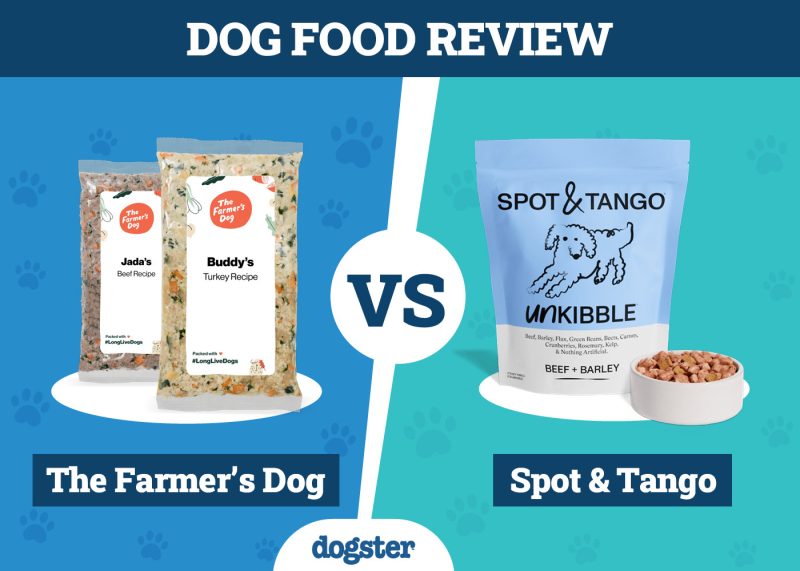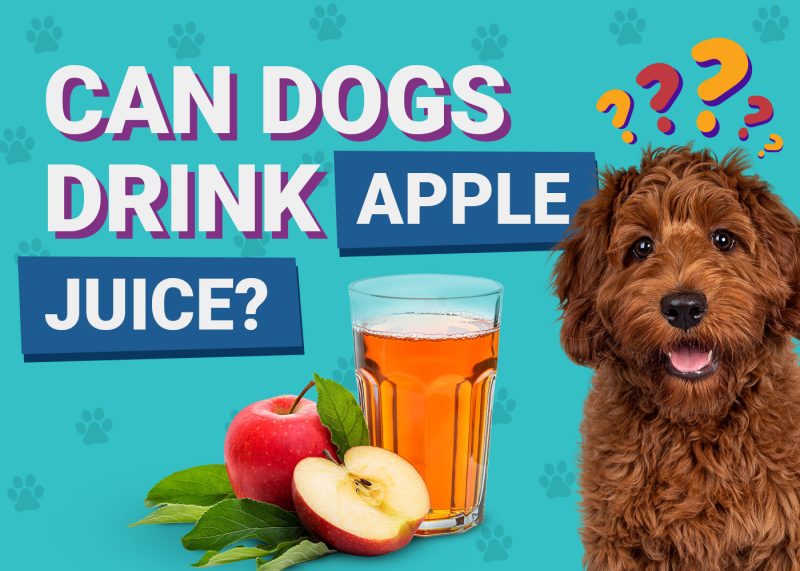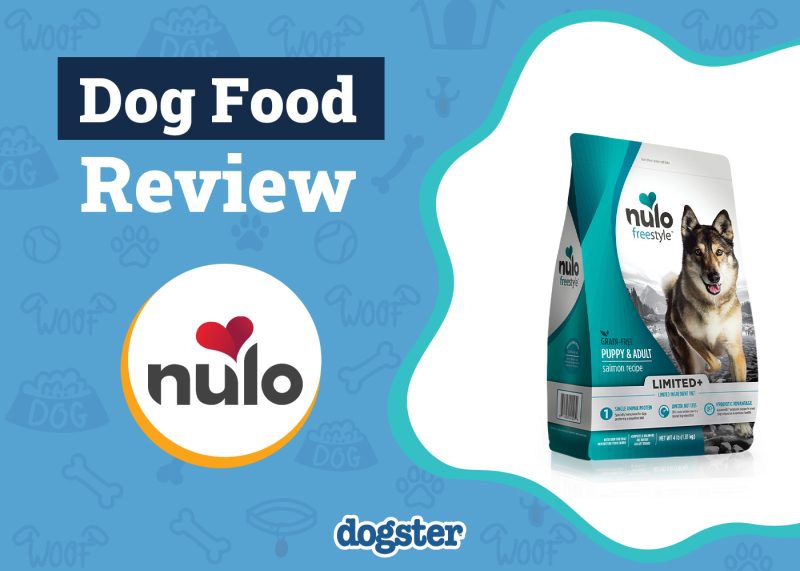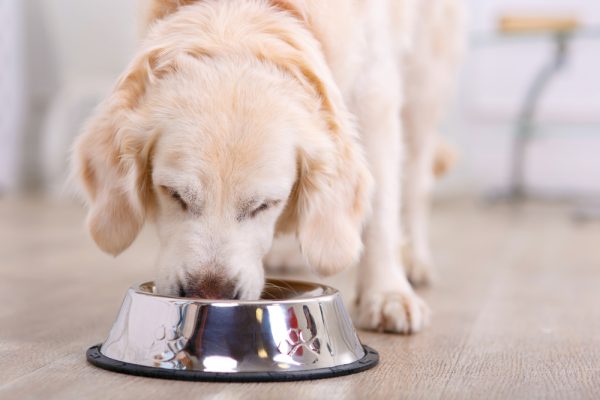In this article
Feeding your dog tasty treats is one of the simple joys in life, and as many dog owners will attest, it’s even more fun when you and your pet can share the same meal. If you’ve just made a delicious brunch of eggs with cheese and want to give some to your dog, the good news is that it is safe for dogs to eat. So, feel free to share!
However, eggs with cheese should be fed in moderation without any ingredients that can harm your dog. In this article, we’ll discuss how you can feed your dog egg and cheese so that they aren’t just happy but healthy.

Why Can Dogs Eat Eggs With Cheese?
Neither eggs nor cheese are toxic for dogs. In fact, eggs can be a healthy addition to your dog’s meals. Cheese is a healthy treat, but it should only be given in moderation. How often you can feed cheese to your dog will depend on their tolerance of it. Many dogs are lactose intolerant, and even though cheese tends to contain less lactose than milk or other dairy products, it can still cause gastrointestinal issues in some dogs.
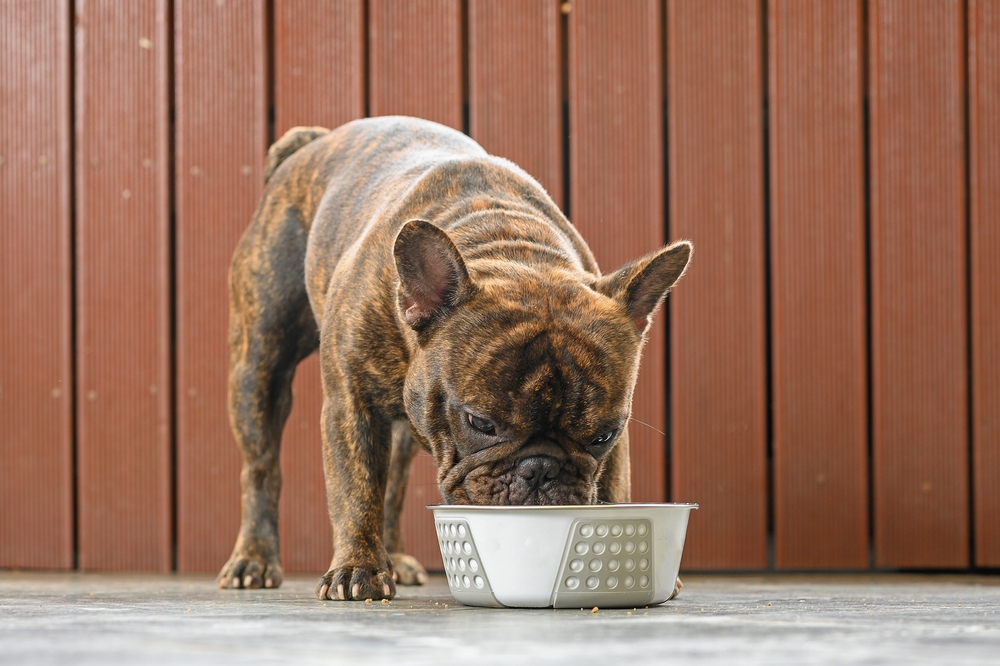
Benefits of Feeding Eggs With Cheese to Dogs
Eggs provide plenty of health benefits for your dog. Every part of the egg, including the eggshell, has valuable nutrients.
The egg yolk is packed with fatty acids that build and sustain the cells in your dog’s body and vitamins that boost their overall health. These vitamins are responsible for managing your dog’s metabolism, growth and development, and immune system, and they include vitamins A, D, E and many of the B vitamins.
The egg whites contain essential amino acids your dog needs to build and maintain muscles.
Your dog can also receive nutritional benefits from eggshells. There are plenty of minerals inside of eggshells, so if there happens to be a bit of eggshell in your scrambled eggs, no need to worry. Every part of the egg provides nutritional boosts for your dog, making it an excellent snack. With a little bit of cheese on top, your dog will be more than happy to gobble up this tasty treat.
It’s important to note that it is best to separate your dog’s portion if you’re making eggs with cheese for yourself and your dog. Part of what makes this meal so tasty to you is likely salt, pepper, and other seasonings, none of which are appropriate for your dog. In large quantities, they can even be dangerous. When making eggs with cheese for your dog, keep the food plain. You’ll also want to limit the cheese, which we’ll discuss in-depth below.
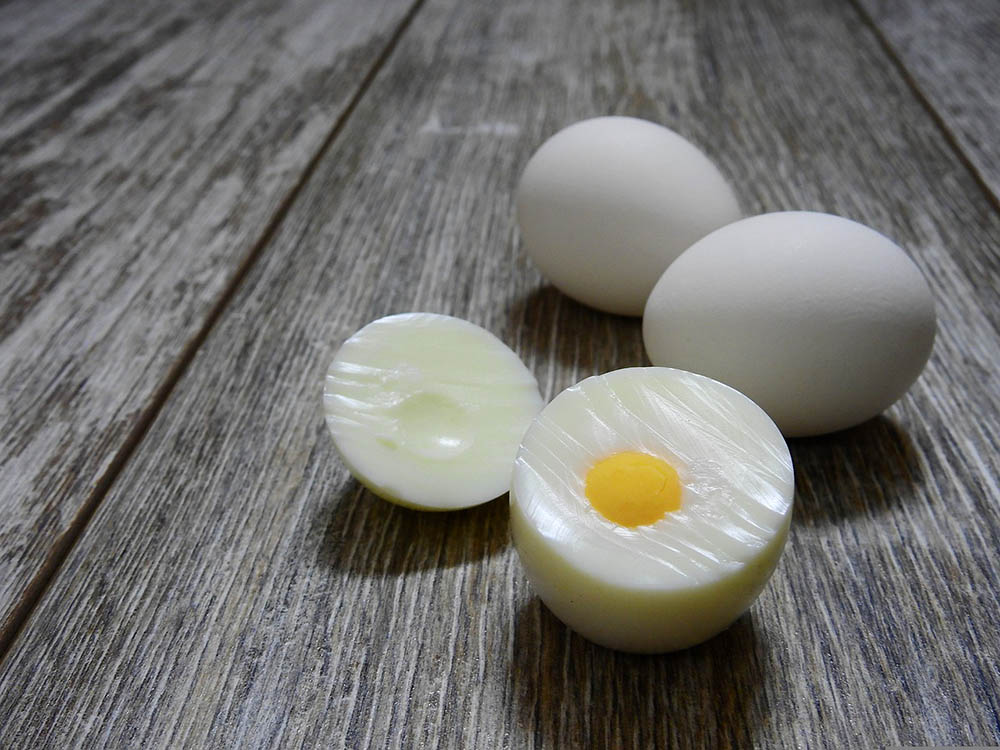
Keep the Cheese to a Minimum
While cheese isn’t toxic for dogs, it isn’t great for them to eat it excessively. Lactose-intolerant dogs can suffer from digestive discomfort and issues such as diarrhea and vomiting if they are fed too much of some dairy products.
Even if your dog isn’t lactose intolerant, cheese can be high in saturated fats and sodium, so it isn’t the healthiest meal for your pet. If fed too much cheese, some dogs can develop a painful condition known as pancreatitis and the extra calories and fat can lead to weight gain.
To avoid these issues, you can substitute the cheese you use for those lower in fat and salt.
- Cheddar
- Mozzarella
- Cottage cheese
How to Feed Eggs With Cheese to Your Dog
Hard-boiled eggs are a safe and convenient way to feed eggs to your dog, but you can also serve scrambled eggs. Raw eggs should not be given to your dog since they can contain salmonella.
You can speak to your veterinarian to determine how much you can feed your dog. Based on your dog’s size, breed, age, activity level, health status, and more, they can determine the ideal portion of eggs for your pet.
Also, you can discuss with your veterinarian whether cheese is right for them. If your dog struggles to digest dairy products, you can leave the cheese out of their portion or serve another healthy snack, such as unseasoned, cooked chicken.
If you need to speak with a vet but can't get to one, head over to PangoVet. It's our online service where you can talk to a vet online and get the advice you need for your pet — all at an affordable price!

Conclusion
Eggs with cheese can be a healthy snack for your dog and a great way to share breakfast. There are plenty of nutritional benefits to feeding eggs to your dog, and adding a bit of cheese can make the eggs all the more tasty. Even if cheese isn’t suitable for your dog, you can still feed them eggs, which they will surely see as a delicious treat.
Featured Image Credit: Kreminska, Shutterstock








